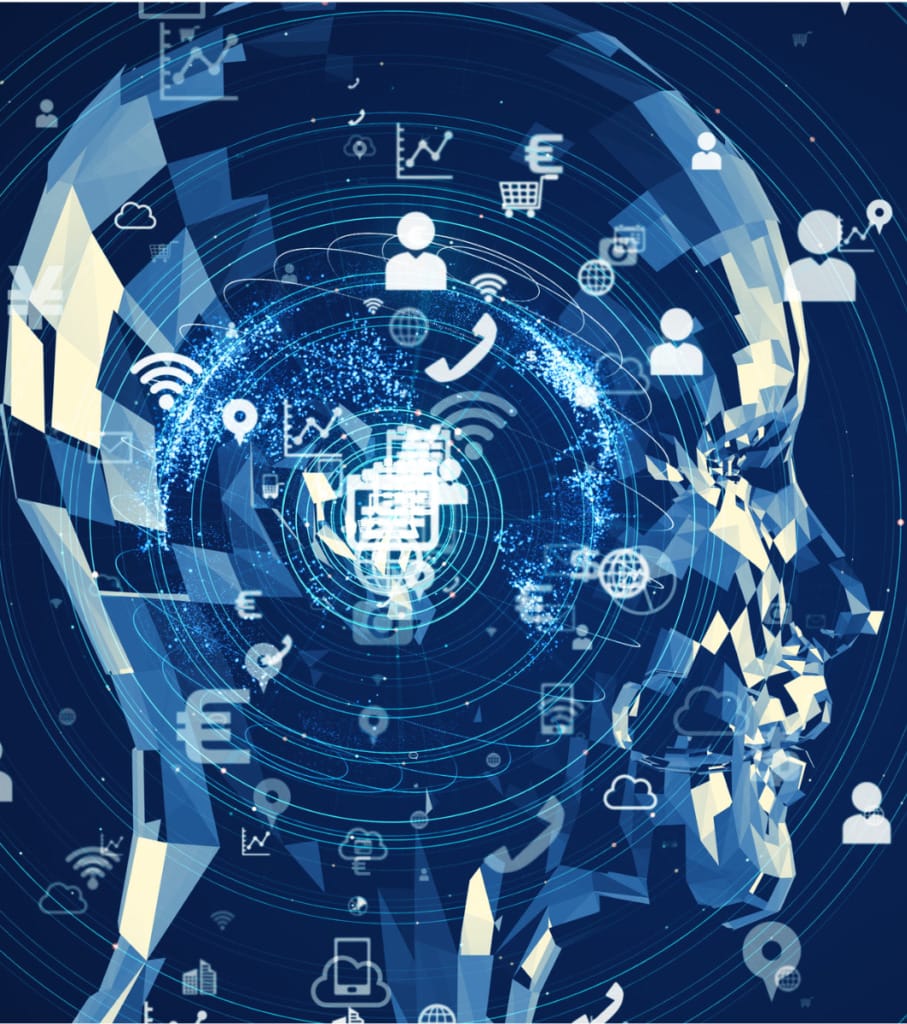

In an era where the world is facing ever-increasing challenges in water availability and quality, the role of technology is becoming increasingly important. One emerging innovation that has the potential to revolutionize water purification is artificial intelligence (AI). By using advanced algorithms and data processing techniques, AI-driven water purification not only provides more efficient and effective purification processes, but it also opens the door to more sustainable water management on a global scale.
The current challenges in water treatment
Worldwide, many water treatment plants are facing problems such as aging infrastructure, rising operational costs, and increasing pollution from industry, agriculture, and urban development. Additionally, climate change and extreme weather events can increase pressure on existing water systems, increasing the demand for innovative and resilient solutions.
The role of artificial intelligence in waterpurification
In this context, artificial intelligence offers a promising answer to the challenges facing the water treatment industry. By leveraging advanced sensor technology, data analytics, and machine learning algorithms, AI can help water treatment plants collect, analyze, and interpret real-time operational data. Deze gegevensgestuurde benadering stelt exploitanten in staat om het zuiveringsproces nauwkeuriger te regelen, waardoor de efficiëntie wordt verhoogd, de operationele kosten worden verlaagd en de algehele prestaties worden verbeterd. This data-driven approach allows operators to control the treatment process more accurately, increasing efficiency, reducing operational costs, and improving overall performance.
Benefits of AI-driven waterpurification
One of the key benefits of AI-driven water treatment is the ability to proactively respond to changing conditions and disruptions in the treatment process. Through real-time data analysis, AI can detect anomalies and perform predictive analytics to identify potential problems before they occur. This enables operators to respond quickly and effectively, maximizing operational efficiency and minimizing the potential for system downtime.
Additionally, AI can help optimize chemical dosing and energy consumption in water treatment plants, resulting in significant cost savings and a reduced carbon footprint. By enabling data-driven decision-making, AI can also improve the overall performance of treatment plants and ensure compliance with regulatory standards.
Applications of AI in waterpurification
AI is already being applied in various ways in the water treatment industry. One example is the use of advanced sensors and IoT (Internet of Things) devices to collect real-time data on water quality, flow rate, and chemical concentrations. This data is then analyzed by machine learning algorithms to generate operational insights and help optimize purification processes.
Another example is the use of AI for predicting water quality and identifying potential sources of pollution. By analyzing historical data and identifying patterns, machine learning models can be used to predict how water quality properties such as pH, oxygen levels, and chemical concentrations will evolve over time. This enables water treatment plants to proactively take measures to maintain and improve water quality.
The future of sustainable water management
As one of the most promising technological advancements in the water treatment industry, AI has the potential to have a positive impact on global water resources and ecosystems. By improving operational efficiency, reducing costs, and optimizing overall performance, AI-driven water treatment can play a crucial role in promoting sustainable water management and ensuring access to safe and clean water for future generations.